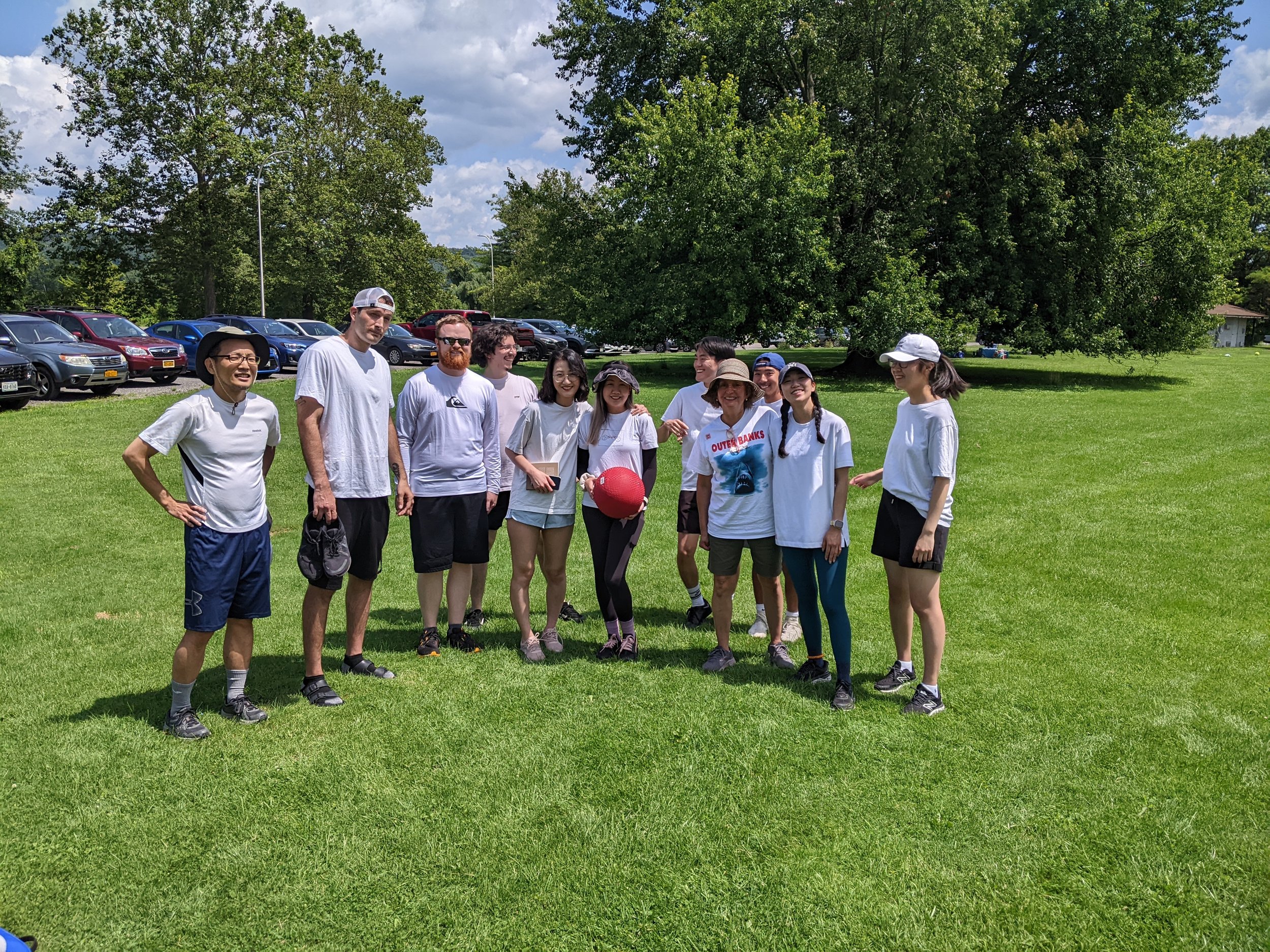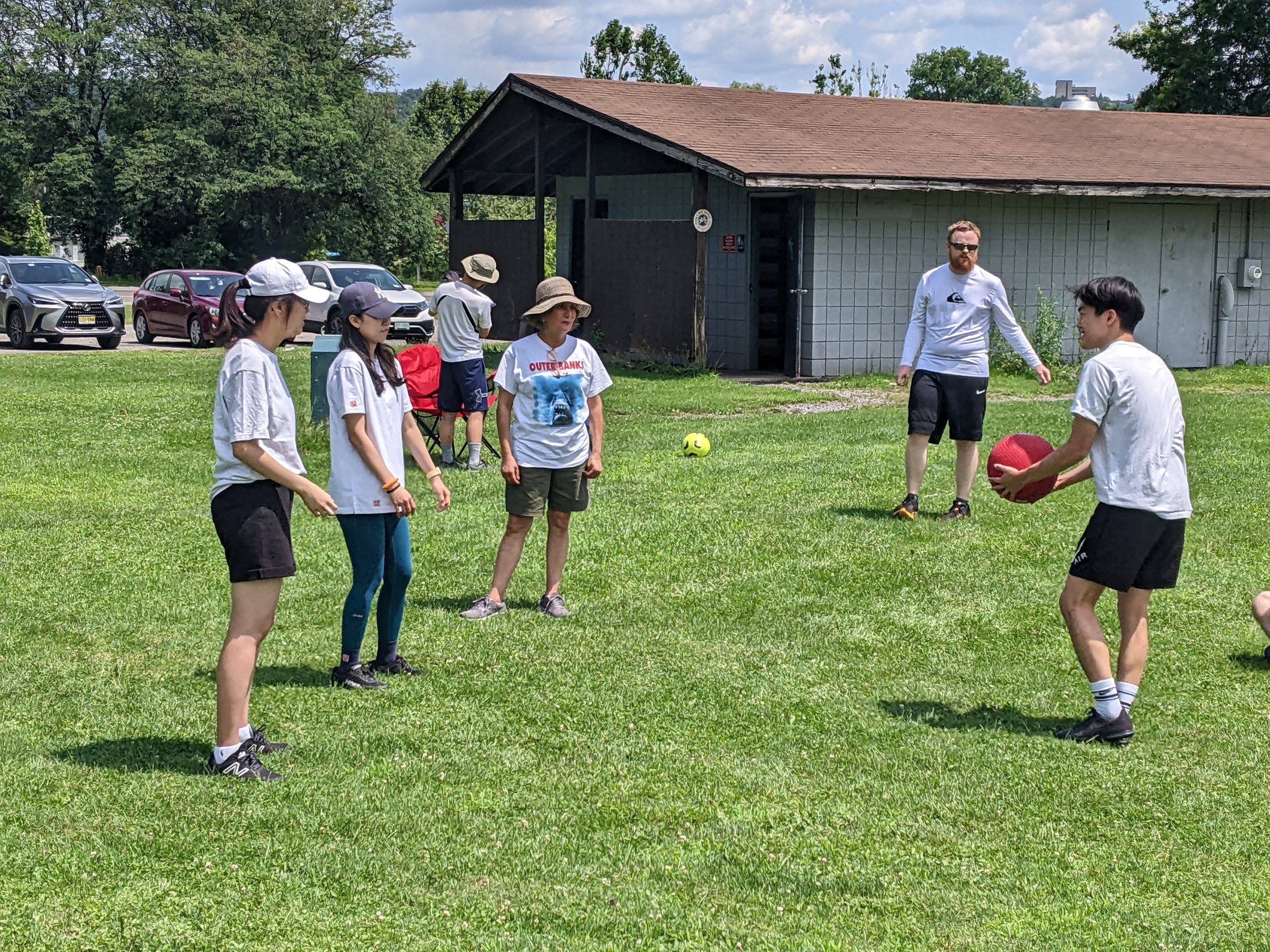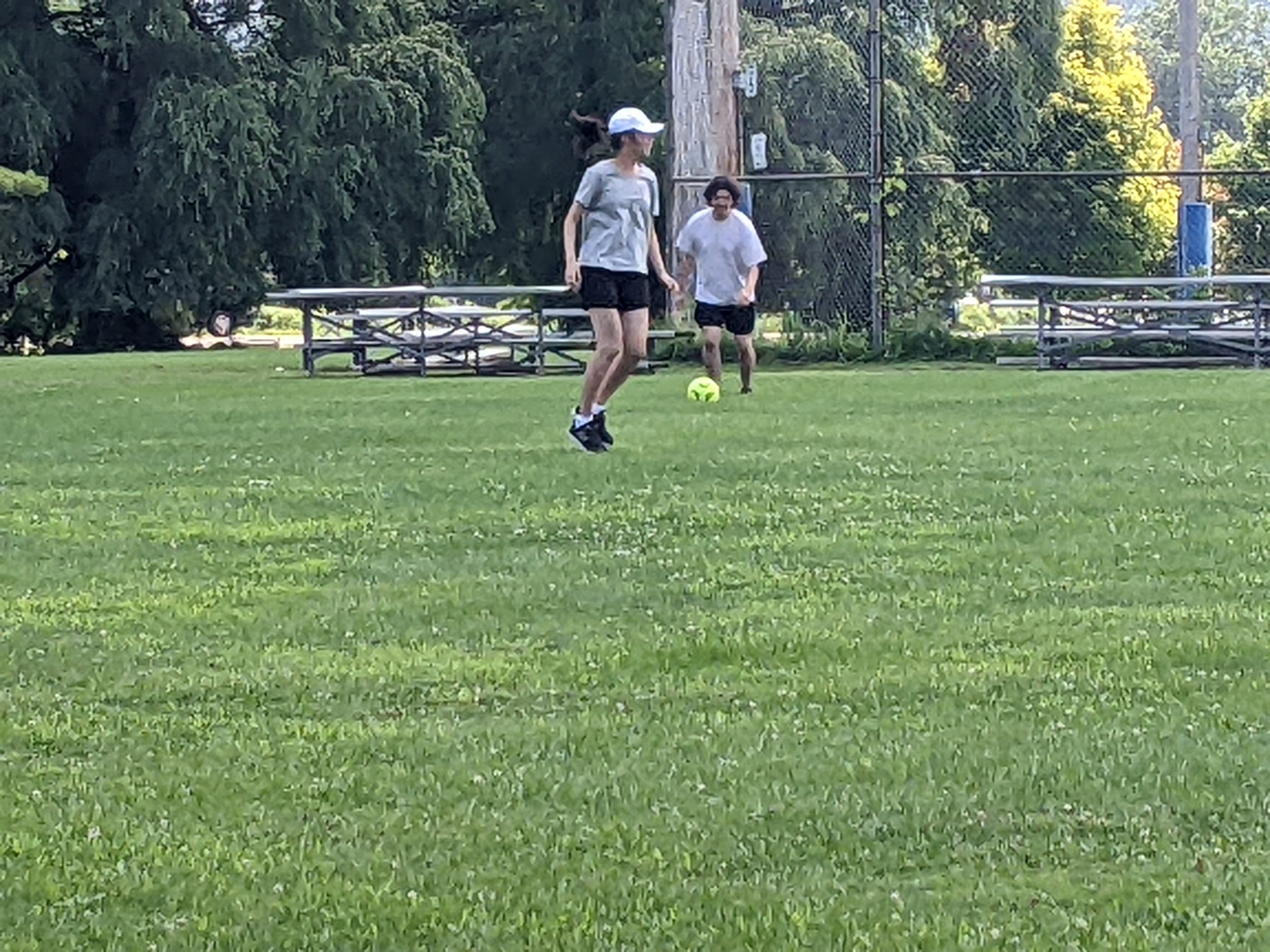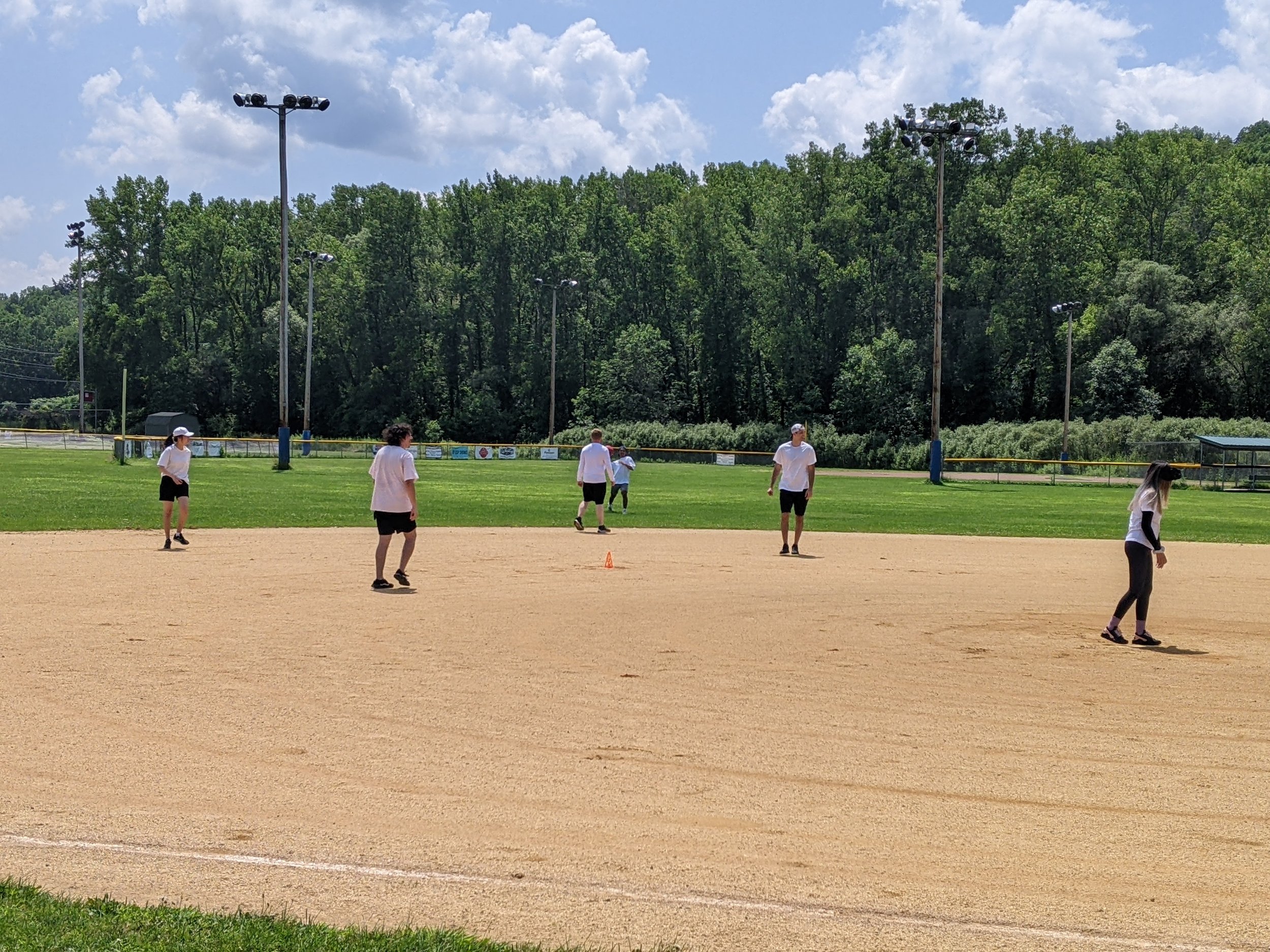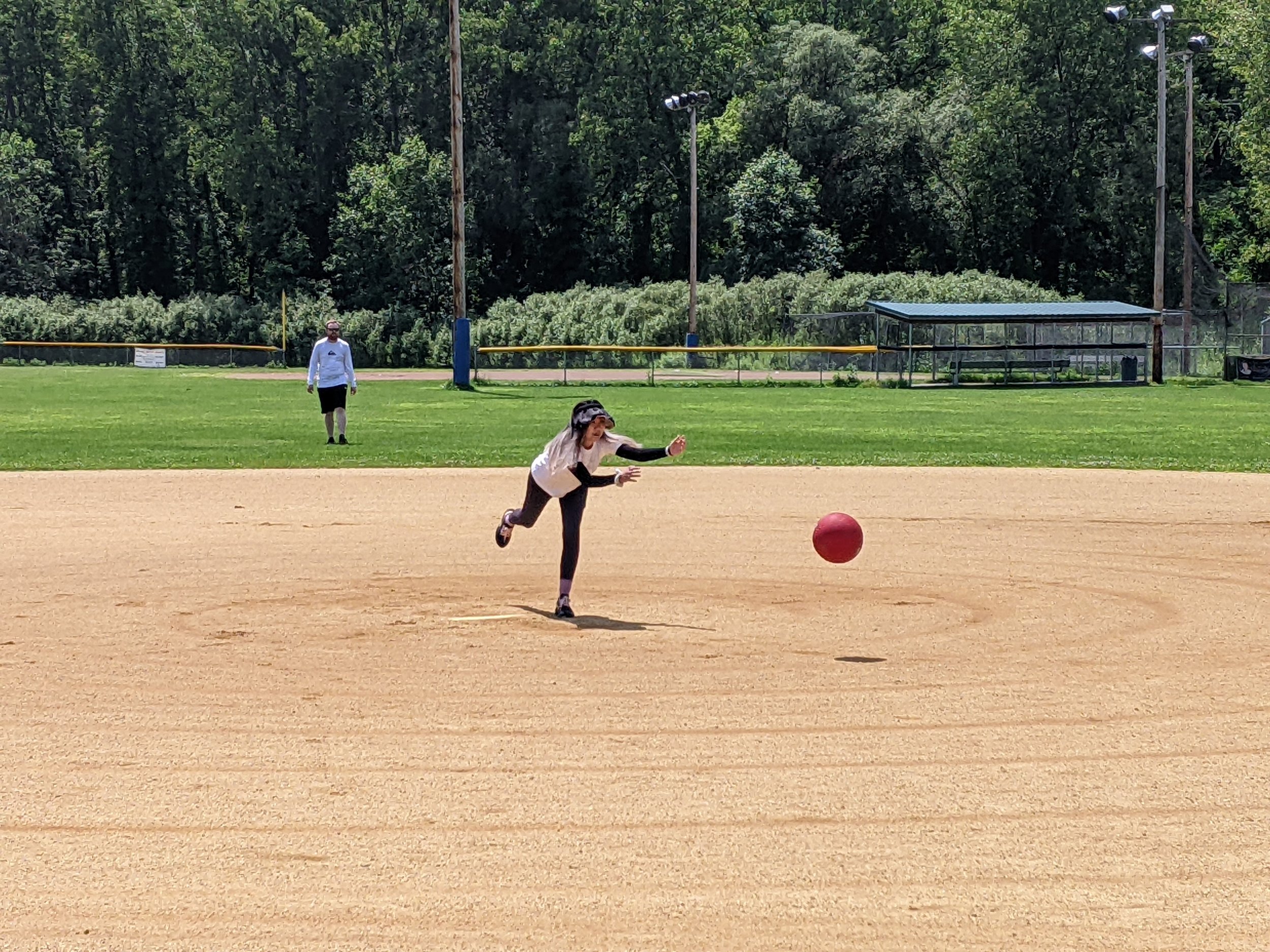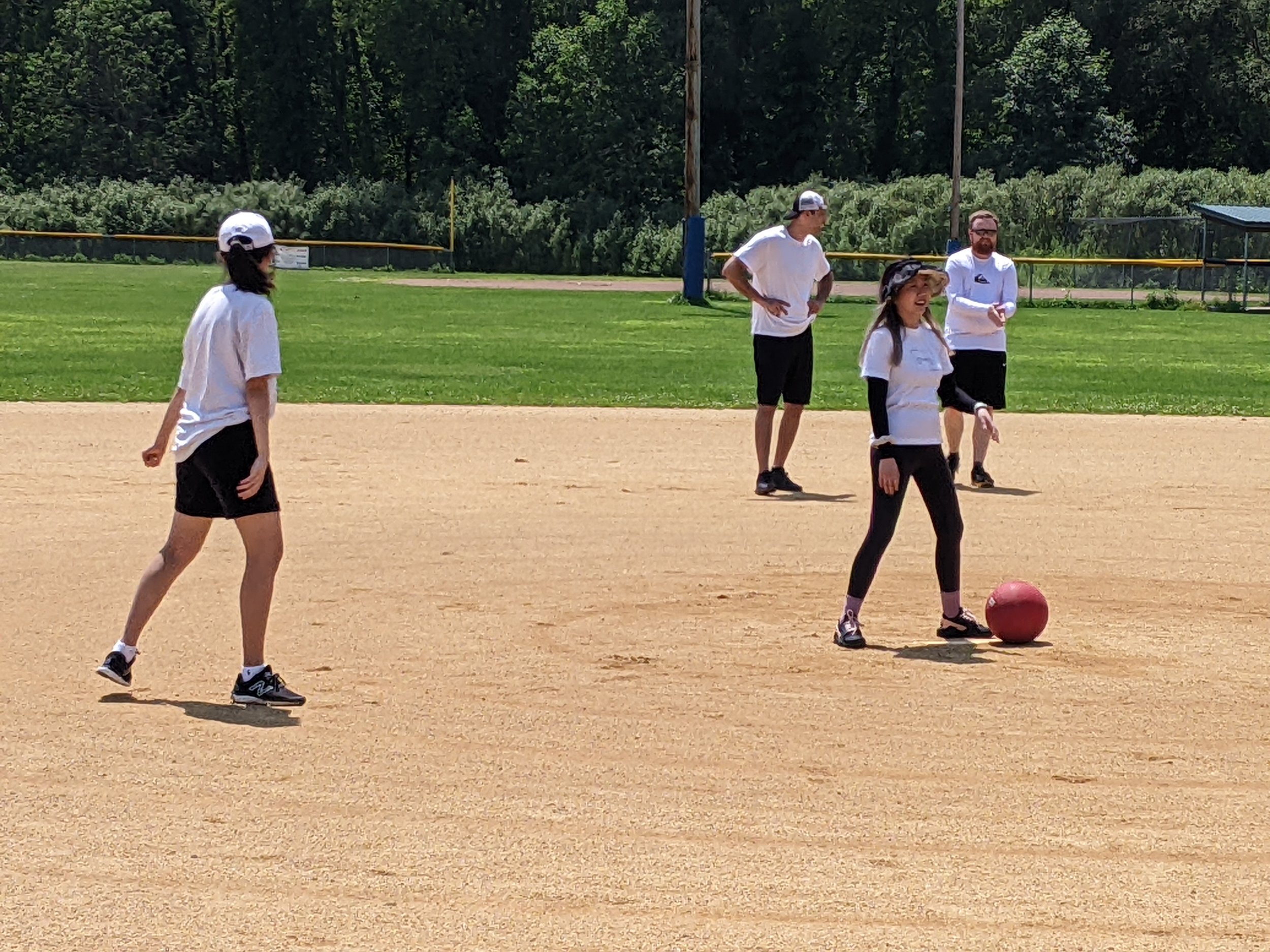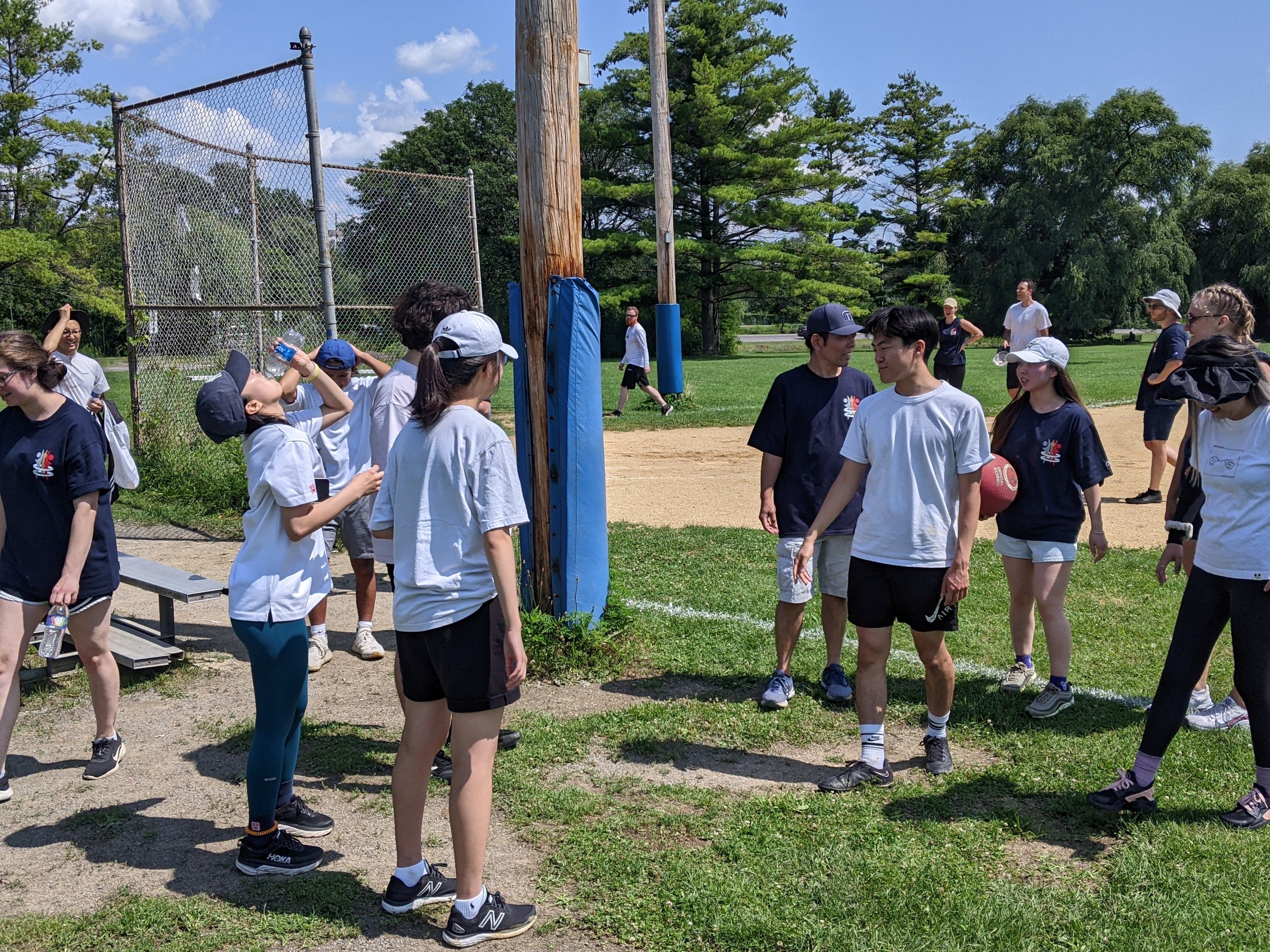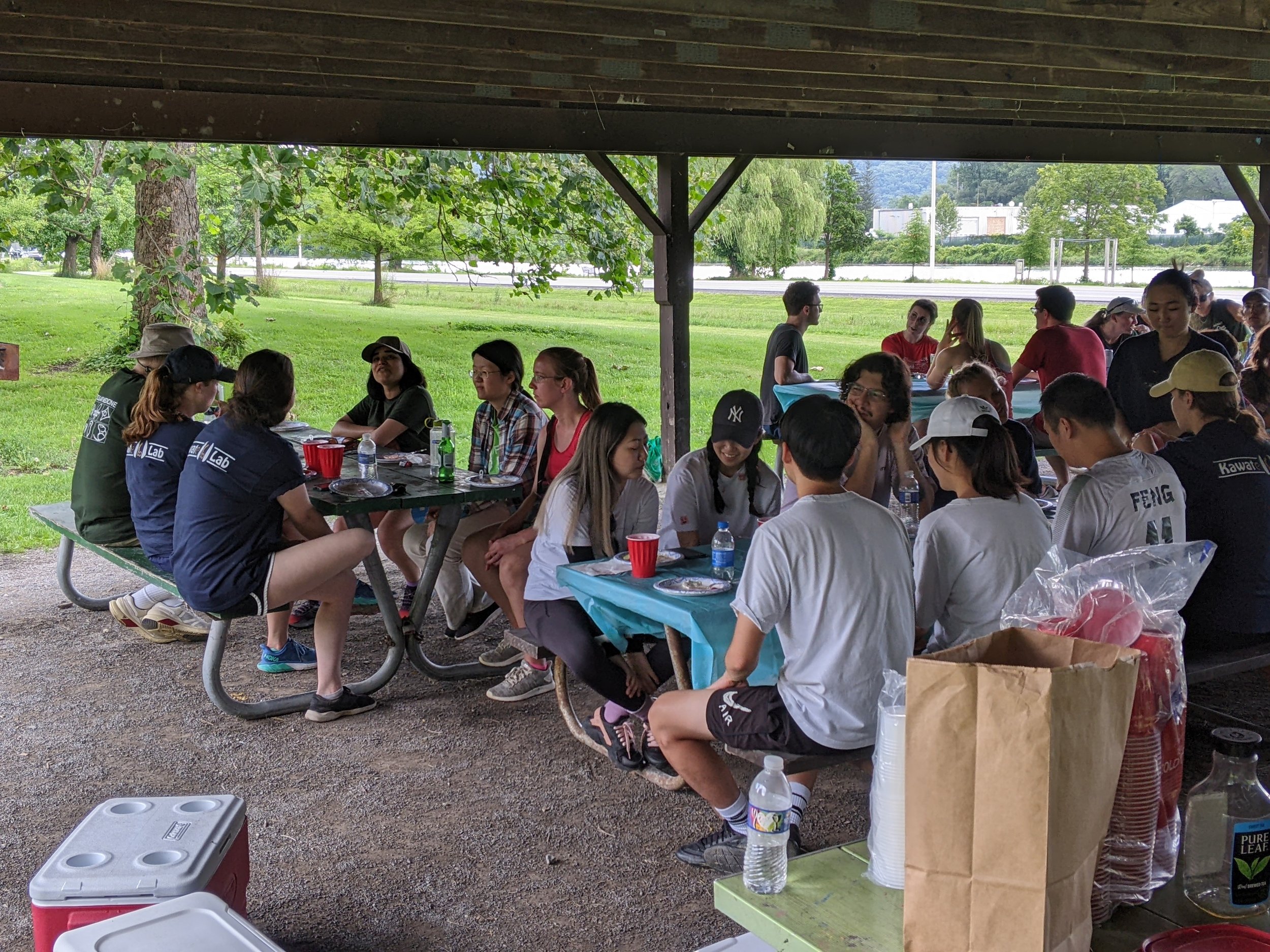We would like to congratulate Dr. Jared Johnson and Dr. Clint Stalnecker on their recent high-impact publications. Dr. Johnson was a graduate student in the Cerione laboratory who really helped to expand our understanding of the Rho Guanine Nucleotide Dissociation Inhibitor, and how it and its target Cdc42 interacted with cell membranes. He is now the senior author on a Nature paper, “The intrinsic substrate specificity of the tyronsine kinome”, which provides, in the words of the authors, “An atlas of the substrate specificities for the human tyrosine kinome”. Dr. Stalnecker was another graduate student in the Cerione laboratory, who in this case helped to expand our understanding of the metabolic enzyme glutaminase, and developed several new approaches to assaying its interaction with small molecule inhibitors. His recent manuscript in Science, “Determining the ERK-regulated phosphoproteome driving KRAS-mutant cancer”, helps to explain how tumors develop resistance to new KRAS-targeting drugs.
As is often the case, we couldn’t be prouder of our graduated trainees, and wish Jared, Clint, and everyone else the absolute best as they continue to push the boundaries of science.








